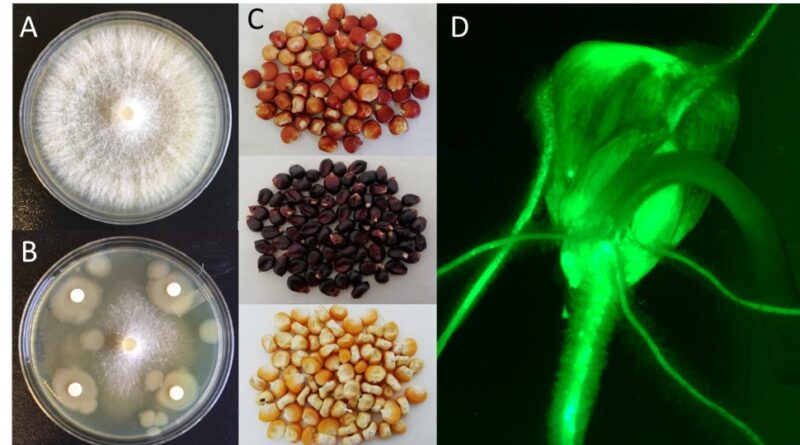THE REGIONAL PROJECT “GENOTIPI DI MAIS LOMBARDO E MICROBIOMA: NUOVE PROSPETTIVE PER IL CONTROLLO DI FUNGHI TOSSINOGENI E L’ADATTAMENTO AI CAMBIAMENTI CLIMATICI” (GEMMA)
The Department of Agricultural and Environmental Sciences is a partner of the project “Genotipi di Mais lombardo e Microbioma: nuove prospettive per il controllo di funghi tossinogeni e l’adattamento ai cambiamenti climatici – Local Lombard maize genotypes and microbiome: new perspective for the containment of toxinogenic fungi and adaptability to climate changes ” (GEMMA) which was funded by the action Bando 2018 per Progetti di ricerca in campo agricolo e forestale of Lombardia region. The project is coordinated by Italbiotech and involves, apart from the University of Milan, the Crea of Bergamo and 2 farms.
The main goal of the project is to valorize the microbial diversity associated to different Lombard landraces, with a particular focus on the bacteria that can be transmitted by seed from one generation to the next. This study will allow to enhance the quality of produced maize kernels as well as the tolerance to biotic stresses, in particular toxinogenic fungi, and abiotic stresses.
Figure: Results of in vitro antifungal assays, highlighting the difference in growth of the toxinogenic fungus Fusarium verticillioides grown (A) without any antagonism or (B) in presence of an endophytic bacterium isolated from maize; (C) example of some maize landraces that will be employed in the project; (D) picture at a fluorescence stereomicroscope depicting, in green, the growth of a bacterial strain expressing GFP fluorescence on the surface of a germinated maize seed.
CONTACTS
Casati Paola
paola.casati@unimi.it

